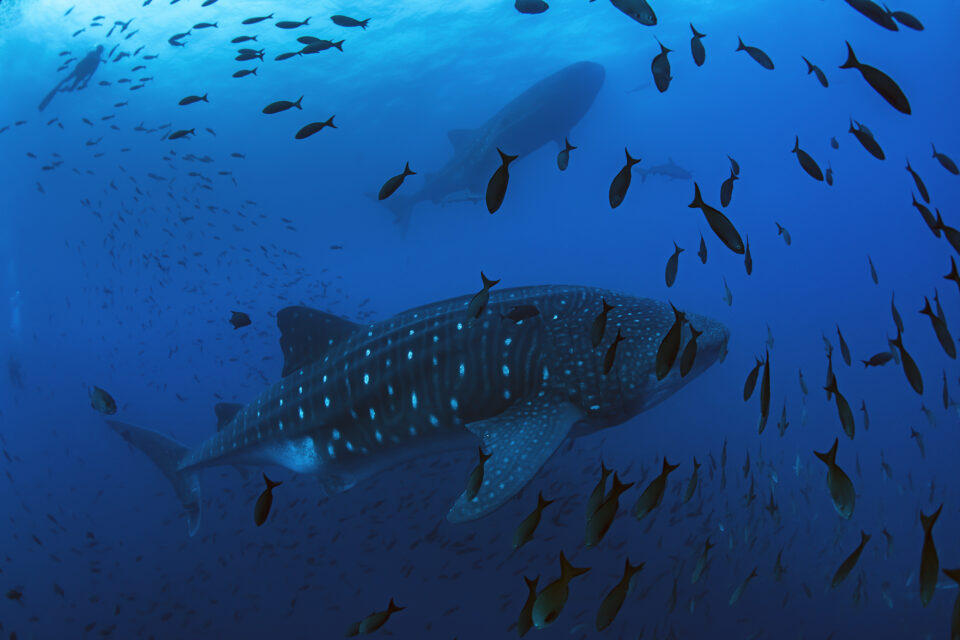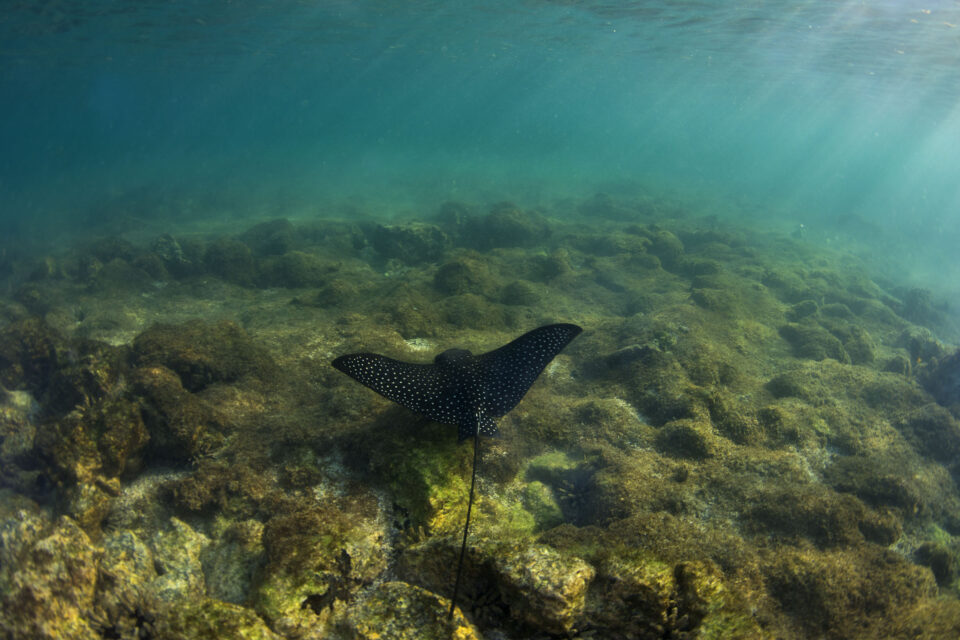

World Fisheries Day
World Fisheries Day has been celebrated on the 21 November since 1998, coincidentally the same year that the Galapagos Marine Reserve was formally designated.
At the confluence of several major ocean currents, Galapagos has a fantastic level of marine biodiversity with an estimated 20% of these species being endemic (found nowhere else but the Galapagos Marine Reserve). Fish species of all shapes and sizes make up the heart of the marine food web, thriving in these productive waters and providing a valuable prey source for wildlife such as Galapagos penguins, Galapagos sea lions, large baleen whales and, of course, humans.
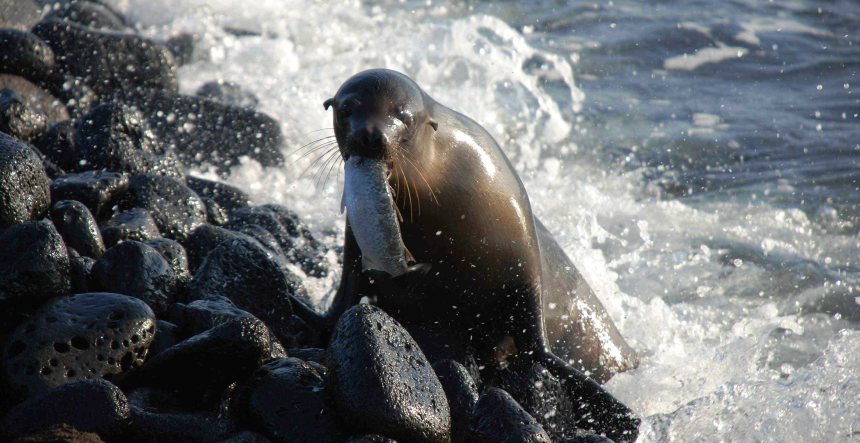
World Fisheries Day has been celebrated on the 21 November since 1998, coincidentally the same year that the Galapagos Marine Reserve was formally designated. It is a day to raise awareness of the critical situation we are in with so many over-exploited fish stocks around the world. It is a day to step back and consider just how much we need healthy and productive oceans and the associated resources and jobs that they could be providing long into the future if we manage them well. It is a day to take action towards protecting the oceans and its inhabitants by supporting conservation and making sustainable choices.
Fish are an essential animal group for human use, most notably as a source of food. Nearly 17% of protein consumed globally is obtained from fisheries and aquaculture (FAO, 2014) – a figure that is much higher in many small island communities such as Galapagos. The livelihoods of at least 12% of the world’s population depend on this industry – a huge percentage of jobs. In Galapagos, unsurprisingly, tourism associated jobs take the top spot but the fishing fleet still makes up a significant source of employment.
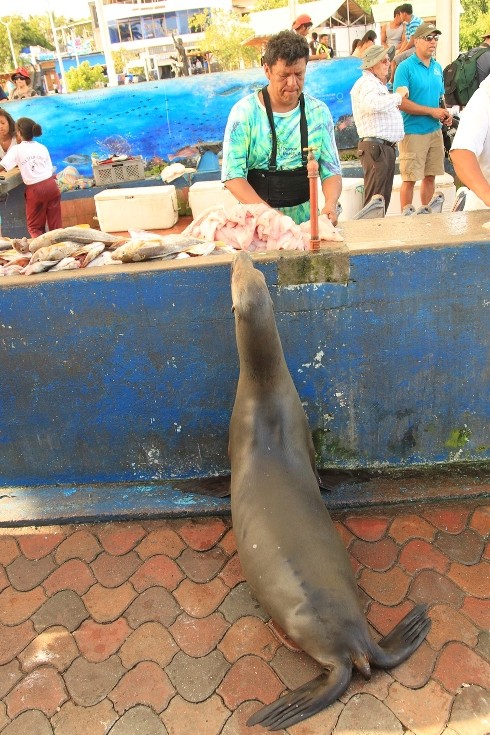
The Galapagos Marine Reserve is a multi-use zone where some types of fishing are permitted. Long-lining and shark finning are illegal but poaching still occurs, largely due to the challenges of enforcement in such a large area with little resources.
Galapagos penguins
With the upcoming El Nino event, Galapagos penguins are particularly vulnerable in the coming months (read more about our conservation project here). They are predominantly fish eaters, relying mostly on small bait species such as sardines and anchovies for most of their nutritional intake. When El Nino hits, the strength of the cool Humboldt Current weakens and the waters around the Islands warm. Productivity then takes a big hit – these small fish that the penguins rely on drastically decline. In the face of this severe natural pressure, we need to ensure that the threats that humans can mitigate are a priority for conservation attention.
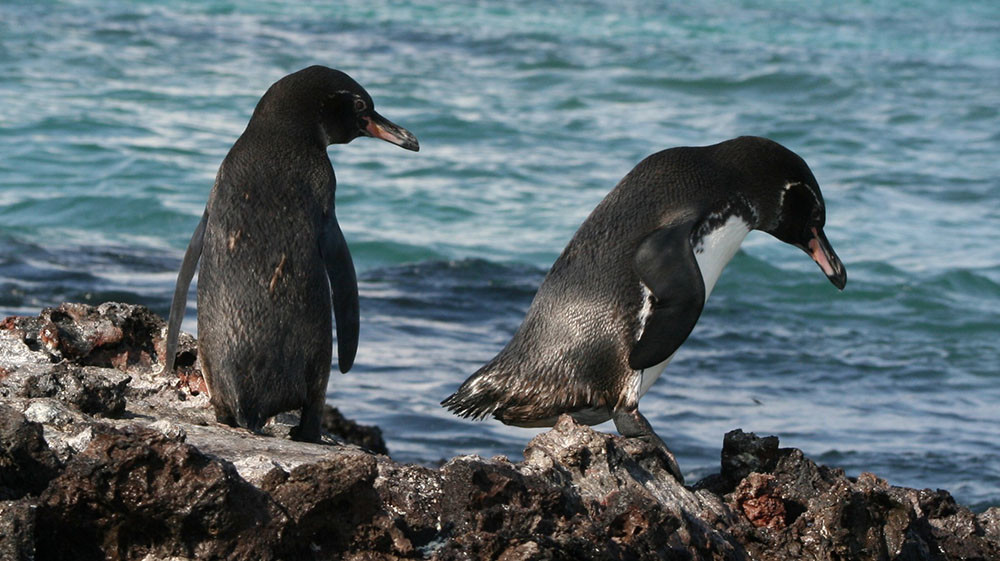
In a recent study of all penguin species globally, it was identified that the three major threats to their long term survival were habitat loss, pollution and fishing (removal of prey species and pollution from discarded gear) – all elements that humans can mitigate (Trathan et al., 2015).
What can I do?
At the biggest scale, the simplest and arguably the most important contribution you can make to this issue is to know what you are eating. Who would eat a ‘meat sandwich’ without questioning what species was in it? There are many guides suggesting what fish are sustainable to eat at different times of the year such as this one provided by the Marine Conservation Society. By reducing consumer demand for unsustainable fish species, we will be making a move in the right direction.
Reduce your use of single use plastics. Plastic pollution is a major issue in the oceans and is posing a significant threat to marine life including the Galapagos penguin. Whether via direct consumption or entanglement or indirectly by micro-plastics getting into the marine food chain, reducing the plastic you use and making sure you recycle as much as possible will help to make a difference.
Keeping informed and up to date is key – the more you educated yourself, the more you can inspire others to change their behaviour and join the cause of supporting ocean protection. Support conservation organisations such as the Galapagos Conservation Trust to continue funding essential projects to protect the marine environment by spreading the message online or donating if you can.
To directly help the Galapagos penguins, you can help us to ensure that the vital Penguin Monitoring Project goes ahead next year by supporting our Penguin Appeal. Thank you for your support.
References
Trathan, P. et al.(2015) “Pollution, habitat loss, fishing, and climate change as critical threats to penguins.” Conservation Biology 29.1 pp.31-41
Related articles

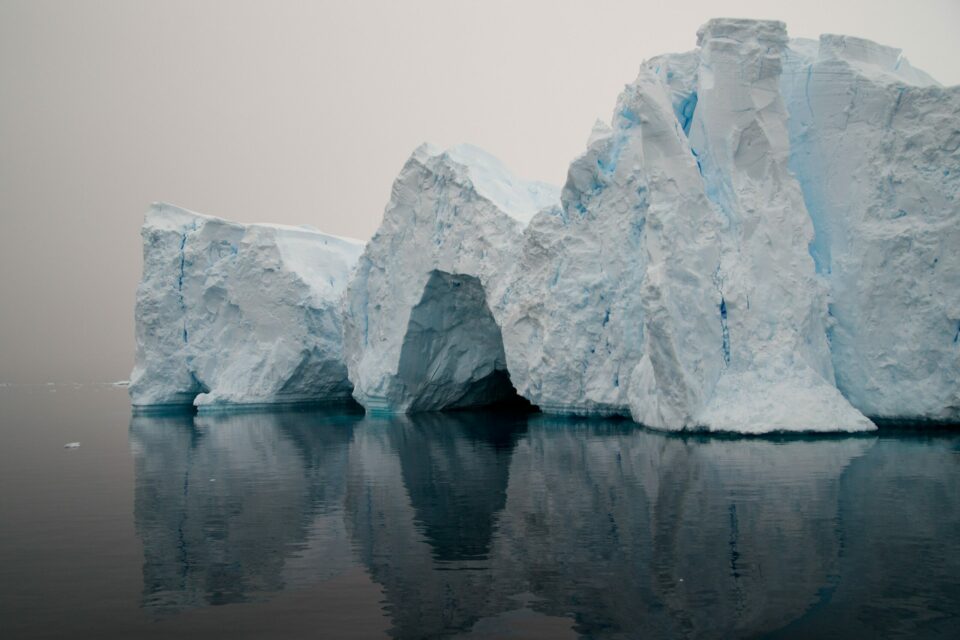
Galapagos and the Antarctic: A look beneath the surface
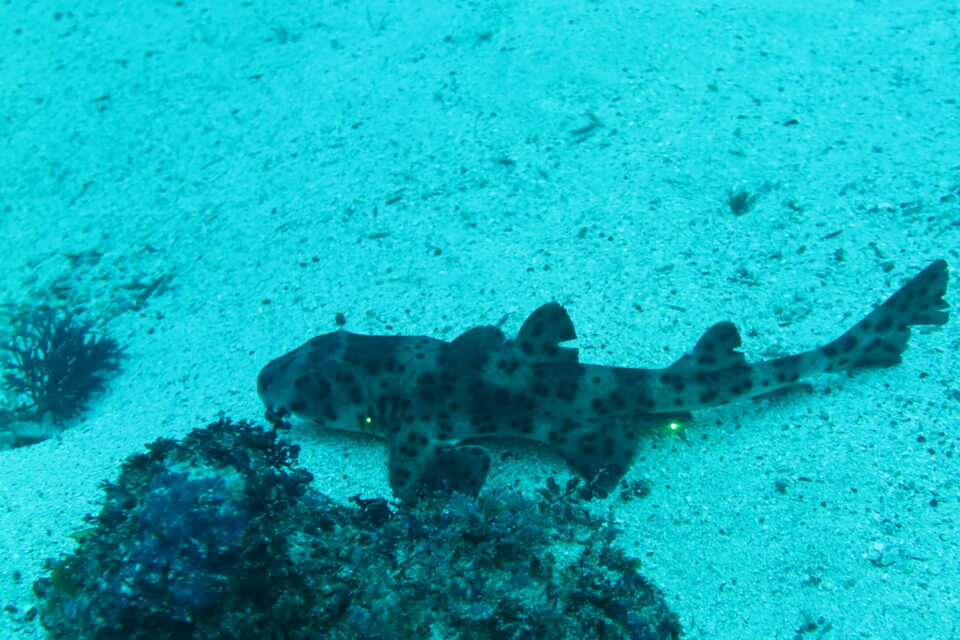
Galapagos Bullhead Shark Project: Citizen science in the Galapagos Marine Reserve
